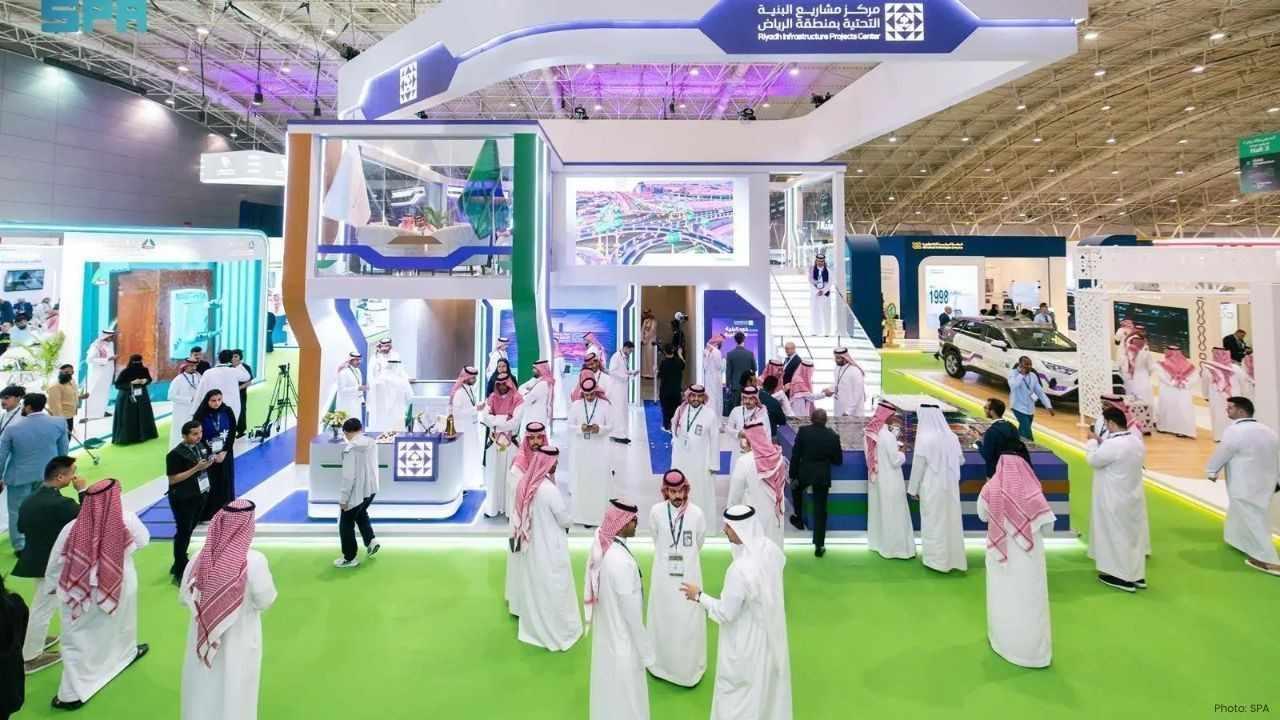
Post by : Mumtaaz Qadiri
The Global Infrastructure Forum and Exhibition continued in Riyadh for its second day at the Riyadh International Convention and Exhibition Center. The event drew thousands of people, with around 9,000 visitors attending. Participants included both local and international experts who came to share their knowledge and ideas. The forum aimed to bring together leaders, researchers, and innovators who are focused on the future of infrastructure and smart city development in the Kingdom of Saudi Arabia.
Strong International Participation
The second day of the forum was marked by active participation from international specialists who traveled to Riyadh to be part of the discussions. This reflects how important Saudi Arabia has become as a hub for innovation and development in infrastructure. The event provided an opportunity for people from different backgrounds and countries to come together, exchange ideas, and create solutions for future urban challenges.
Signing Of New Agreements
One of the main highlights of the day was the signing of several important agreements. The Riyadh Infrastructure Projects Center (RIPC) and NHC Innovation signed a cooperation agreement. The goal of this agreement is to create data-driven solutions that can be used to improve infrastructure planning and design. It also focused on the exchange of expertise in artificial intelligence (AI) and smart city technologies. By doing this, both organizations hope to make cities more intelligent and more efficient.
Collaboration With Balady+ Platform
The cooperation agreement also highlighted the importance of integrating efforts with the Balady+ platform. This platform is a digital service used in Saudi Arabia to provide solutions for municipalities. The technical integration with Balady+ is expected to improve efficiency, provide better services to citizens, and strengthen the use of digital tools in urban planning and city management.
More Agreements To Support Innovation
Alongside the main agreement, three other cooperation agreements were signed during the forum. These agreements were designed to further support innovation in infrastructure projects. By encouraging different organizations and institutions to work together, these agreements will help bring new technologies and ideas into the development of future cities. Such partnerships are crucial to achieving the ambitious goals of Vision 2030, which aims to modernize and transform Saudi Arabia’s infrastructure.
Panel Discussions On Key Issues
Another highlight of the second day was the series of eight panel discussions. These panels focused on a wide range of topics that are critical to the future of cities and infrastructure. The subjects included digital infrastructure, urban intelligence, sustainable development, smart mobility, connected transportation, governance frameworks, and citizen-centric services. Experts from across the world shared their perspectives and offered insights on how cities can be built to better serve their people.
Focus On Smart Mobility
One of the panel topics that received special attention was smart mobility and connected transportation. This area looks at how cities can improve the way people move around using advanced technologies. For example, the use of AI in transportation systems can help reduce traffic, lower pollution, and make travel more efficient. Experts at the forum agreed that smart mobility is a key part of creating cities that are both sustainable and convenient for residents.
Governance And Policy Frameworks
The panel discussions also focused on governance and policy frameworks. These are the rules and systems that guide how cities are managed. Experts explained that without strong policies and effective governance, it will be difficult to achieve sustainable development. Governments need to play an active role in ensuring that technology is used in ways that benefit all citizens. The forum encouraged collaboration between the public and private sectors to make governance more efficient and effective.
Citizen-Centric Services
A recurring theme throughout the event was the importance of focusing on citizens. The idea of citizen-centric services means that all infrastructure and technology developments should be designed to make life easier and better for people. For example, digital services that allow people to access city resources online or smart systems that improve healthcare and education are examples of citizen-centric services. Experts said that cities of the future must put citizens at the heart of all planning.
Role Of Artificial Intelligence
Artificial intelligence was also discussed as a critical tool for the future of smart cities. AI can be used in many ways, such as analyzing data, improving energy use, predicting infrastructure needs, and offering smarter public services. The forum emphasized that the integration of AI applications with digital infrastructure will not only improve spending efficiency but also make cities more sustainable and livable.
Sustainable Urban Development
One of the strongest messages from the forum was the importance of sustainable urban development. This means creating cities that meet today’s needs without harming future generations. By using advanced technology and smart planning, cities can reduce their impact on the environment while still growing and modernizing. The forum stressed that sustainability must be at the center of all infrastructure projects.
Improving Quality Of Life
Experts also discussed how all of these innovations are ultimately aimed at improving quality of life. Whether it is through better transportation, cleaner environments, or more accessible services, the goal of infrastructure projects is to make life better for people living in cities. The integration of smart technologies with infrastructure can help create safer, healthier, and more enjoyable communities.
The Global Infrastructure Forum is not just a place for discussion but also a place for planning the future. With the participation of prominent leaders and experts, the event serves as a platform for shaping the cities of tomorrow. The forum will continue until September 17, 2025, with more sessions, discussions, and agreements expected.
Importance For Saudi Arabia
For Saudi Arabia, hosting such an event highlights its leadership role in infrastructure and urban development. It shows that the Kingdom is committed to innovation, sustainability, and international cooperation. The forum also aligns closely with Vision 2030, which focuses on modernizing the economy, improving services, and creating a better quality of life for citizens and residents.
Smart city development, Digital infrastructure projects, Artificial intelligence solutions
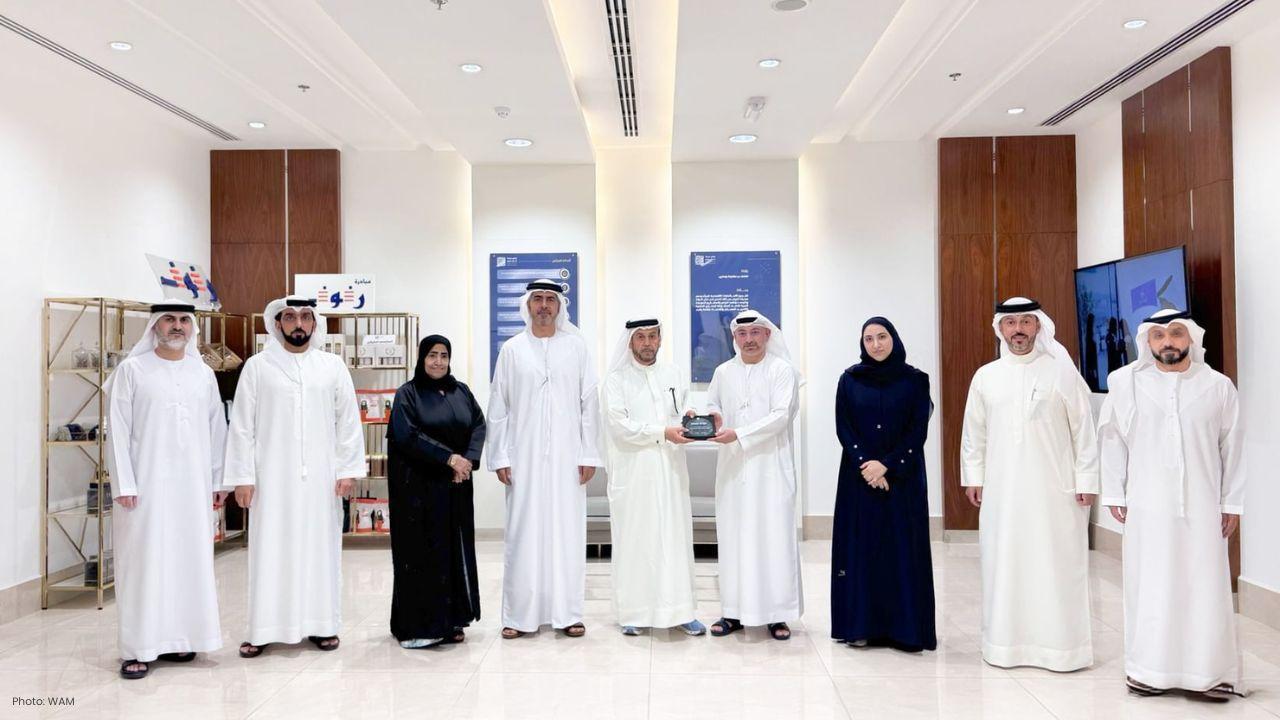

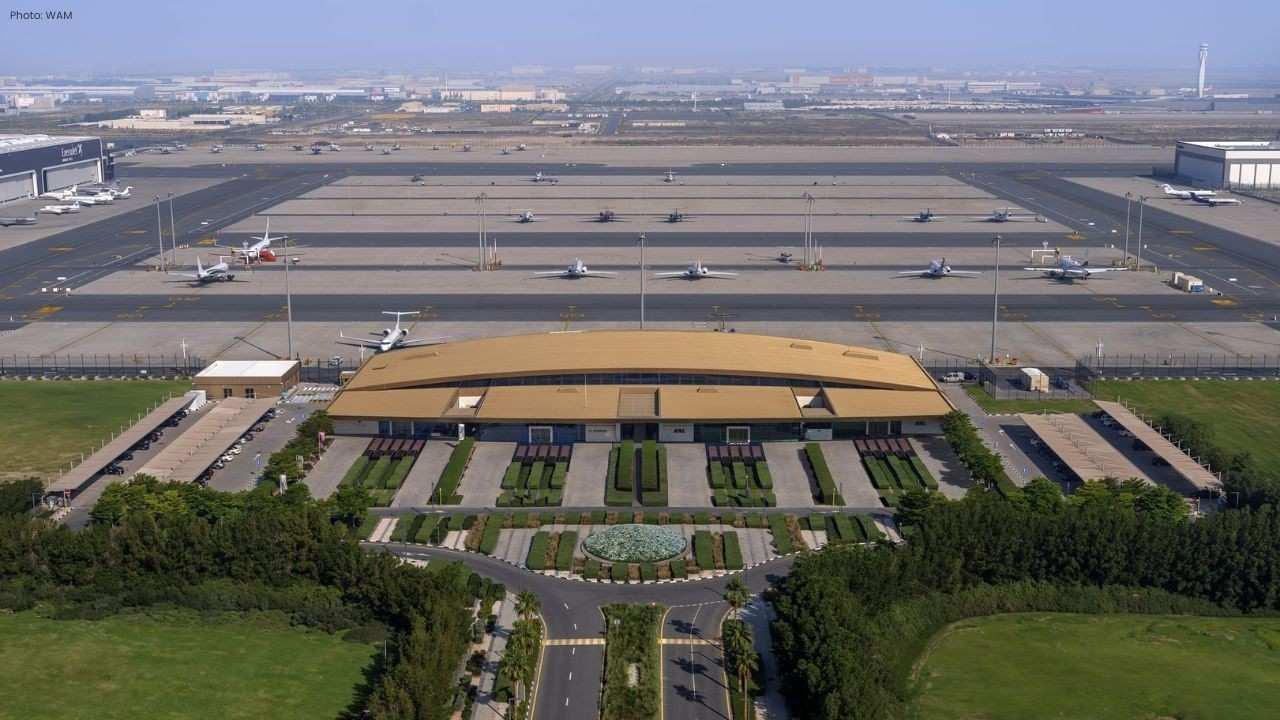


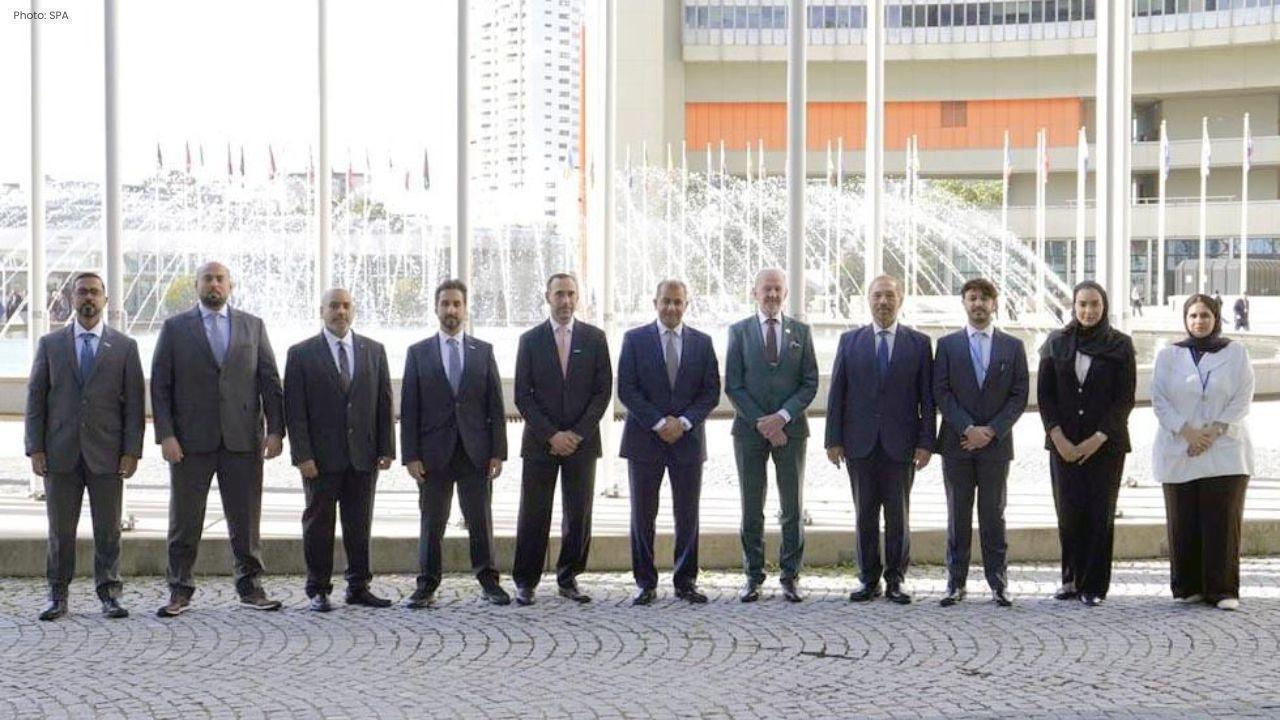


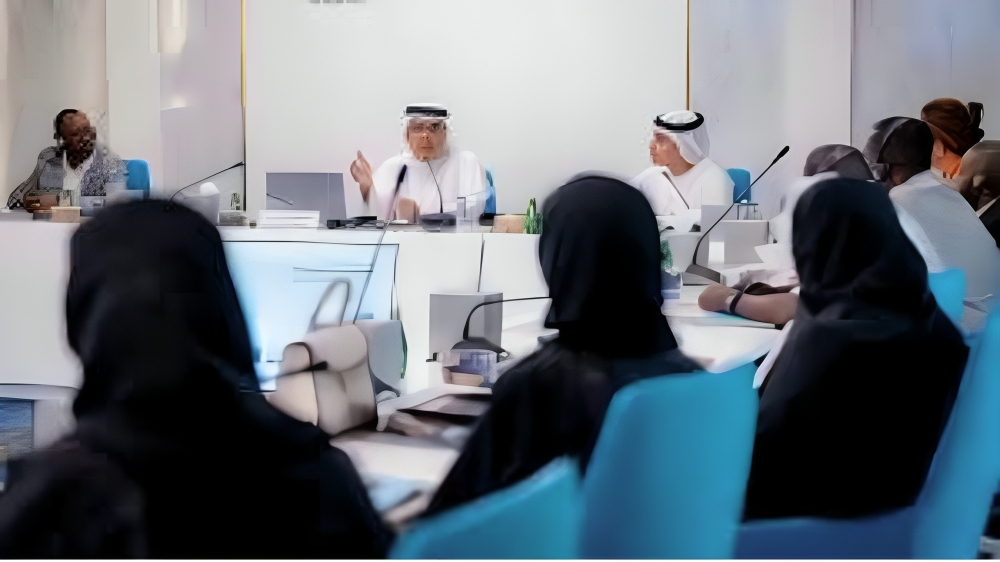

Varun Chakravarthy Becomes World No.1 In ICC T20I Bowler Rankings
India’s Varun Chakravarthy rises to No.1 in ICC T20I bowling rankings after strong Asia Cup performa

Texas State University Expels Student Over Charlie Kirk Mocking
Texas State University expelled a student for mocking Charlie Kirk’s assassination at a memorial eve

Japan Trade Deficit Shrinks As Exports Improve In August Report
Japan’s trade deficit in August was smaller than expected, supported by stronger exports and a new t
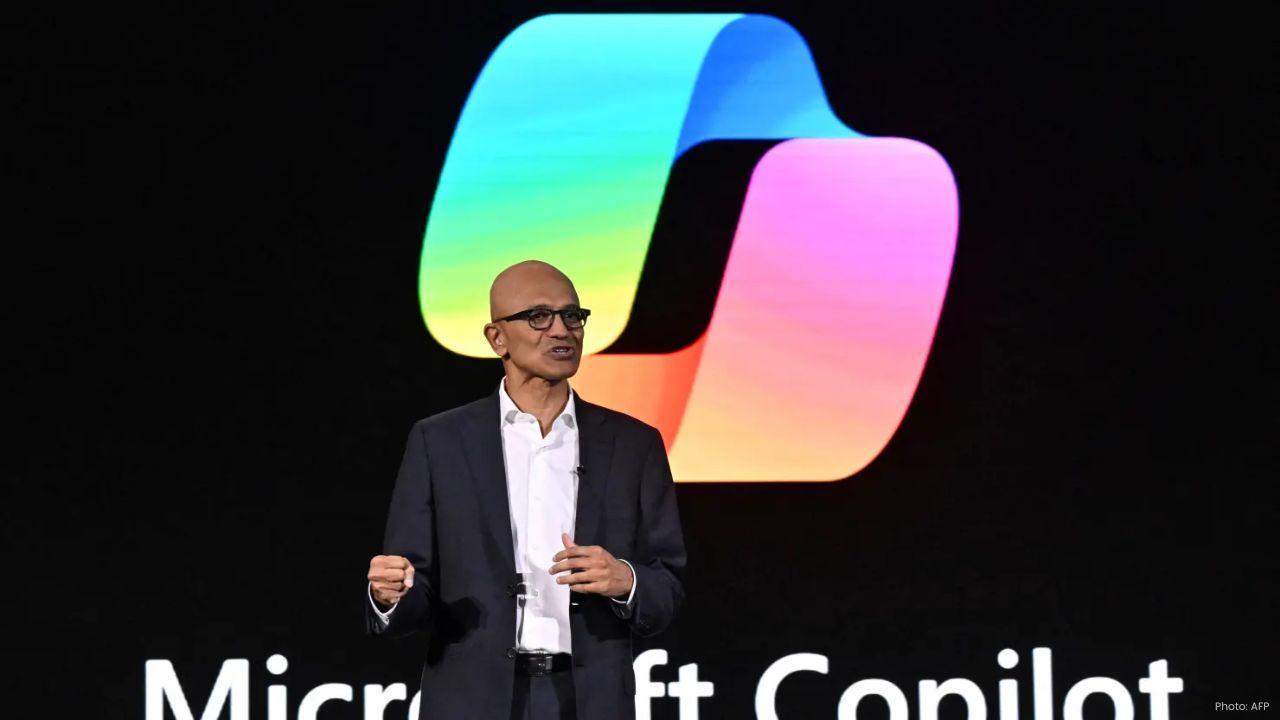
US Tech Giants To Invest $40 Billion In AI Infrastructure In UK
Major US tech firms will spend over $40 billion to boost AI infrastructure in the UK, supporting res

Law Firms That Made Deals with Trump Are Now Challenging His Policies
Some law firms that agreed to work with Trump are now representing clients who are suing his adminis

Climate-conscious investors support Trump's call to end quarterly corporate reporting.
Trump's Push to End Quarterly Reports Gains Unexpected Backing from Climate-Focused Investors